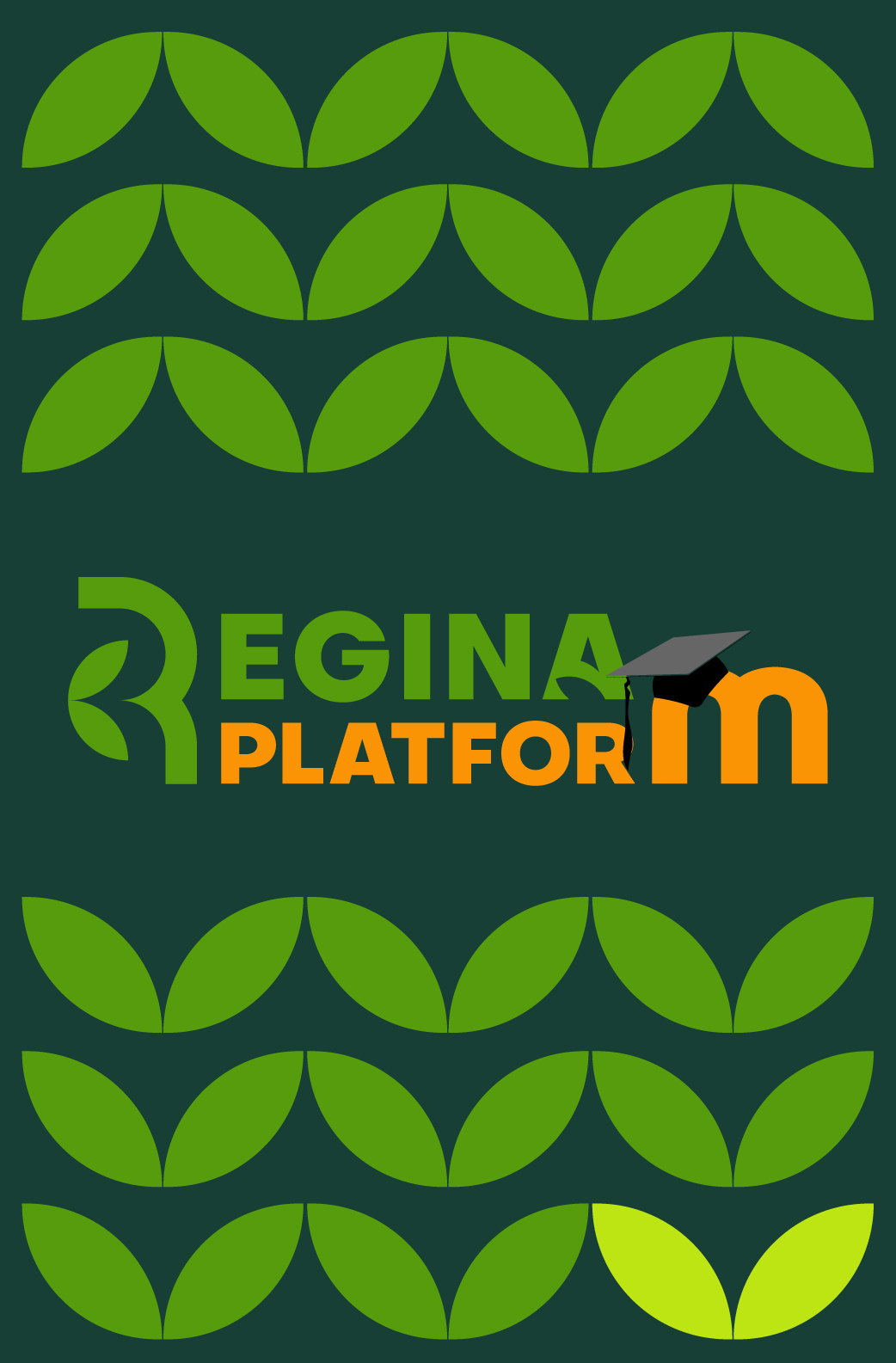Regenerative Agriculture
Among the 6 European Commission priorities for 2019-24, the European Green Deal is listed as first. According to the aim, Europe wants to be the first climate-neutral continent by becoming a modern, resource-efficient economy. In order to achieve this, there is an evident need to boost the efficient use of resources and to restore biodiversity and reduce pollution. Agriculture and food systems must be transformed away from wasteful, energy-hungry and exploitative approaches.
Towards the European Green Deal objective, Regenerative Agriculture (a generic term covering also Conservation Agriculture and Biodiversity Enriching Agriculture) can offer substantial results for sustainable farming by enhancing biodiversity “above and below the ground surface”, thus contributing to increased water and nutrient use efficiency and to improved and sustained crop production. Regenerative Agriculture (RA) proposes new farming techniques that supersede the current concept of conventional agriculture and proposes sustainable management of the soil with significant environmental and economic benefits, especially suitable for arable crops. RA gives farmers the means to conserve and make more efficient use of natural resources, thus offsetting the destructive forces of agriculture against biodiversity. In the medium term, RA has also been proved to bring economic benefits to the farmer (like increase of yields, reduction of off-site problems, labour and fuel savings, as well as cost-savings in annual crops).
According to ECAF (European Conservation Agriculture Federation) the environmental benefits of implementing Regenerative or Conservation Agriculture are substantial, undoubtedly contributing to the mitigation of climate change. These benefits include improvement of soil properties, increase of biodiversity, decrease of erosion or less CO2 emissions.
Despite the number of obvious benefits, the adoption of RA is slowly spreading across Europe. Although the extent of RA lands has almost doubled from 2008 to 2018, it still counts only for around 3,5% of the total arable land and permanent cropland (www.ecaf.eu). There is also a considerable difference in the scope of adoption and RA practices between the EU members. While for example in Slovenia, the share of RA compared to the total arable land is almost 11%, in Ireland, Italy and Greece this ratio is around 3% (the EU average), and in Hungary (a country with a traditionally long history of agriculture) this rate is only 0,11%, one of the lowest in Europe. (ECAF, Eurostat 2018). These significant divergences support the high need of exchanging good practices and improving the farmers’ knowledge of and attitudes toward RA.
Indeed, one of the main limitations is the lack of knowledge and skills on the topic. The proposed project will contribute to these needs by offering opportunities for knowledge and skills to students of Higher Education (future agronomists and farmers’ advisors) but also to farmers themselves and prospective farmers, who attend secondary vocational education. By aiming to introduce new practices, such as RA, not widespread in the EU, but popular in North and South America, the project aims to contribute to the urgent need to mitigate climate change through wise farming practices that help to conserve natural resources. Moreover, this project answers to the need for more knowledge and exchange of good practices by involving in the education, aiming to diffuse the knowledge created in HE to the community more widely, and to the farming community more specifically. Innovative education methods and ICT tools will facilitate this effort and ensure transferability of knowledge and outreach to a broad range of target groups.

The REGINA project (No. 2021-1-HU01-KA220-HED-000027629) was funded by the European Commission. The content of this website does not necessarily reflect the views of the European Commission.
Call 2021, KA220 – Cooperation Partnerships in Higher Education
The European Commission’s support for the production of the publications does not constitute an endorsement of the contents, which reflect the views only of the authors, and the Commission cannot be held responsible for any use which may be made of the information contained therein.

